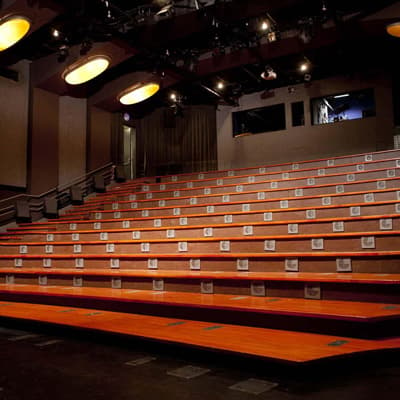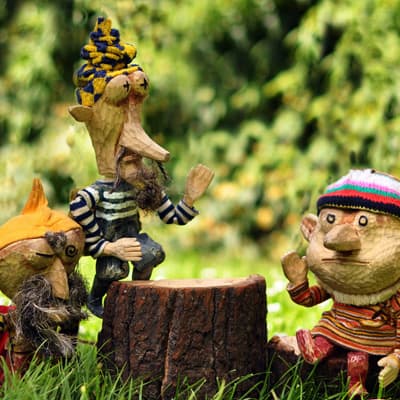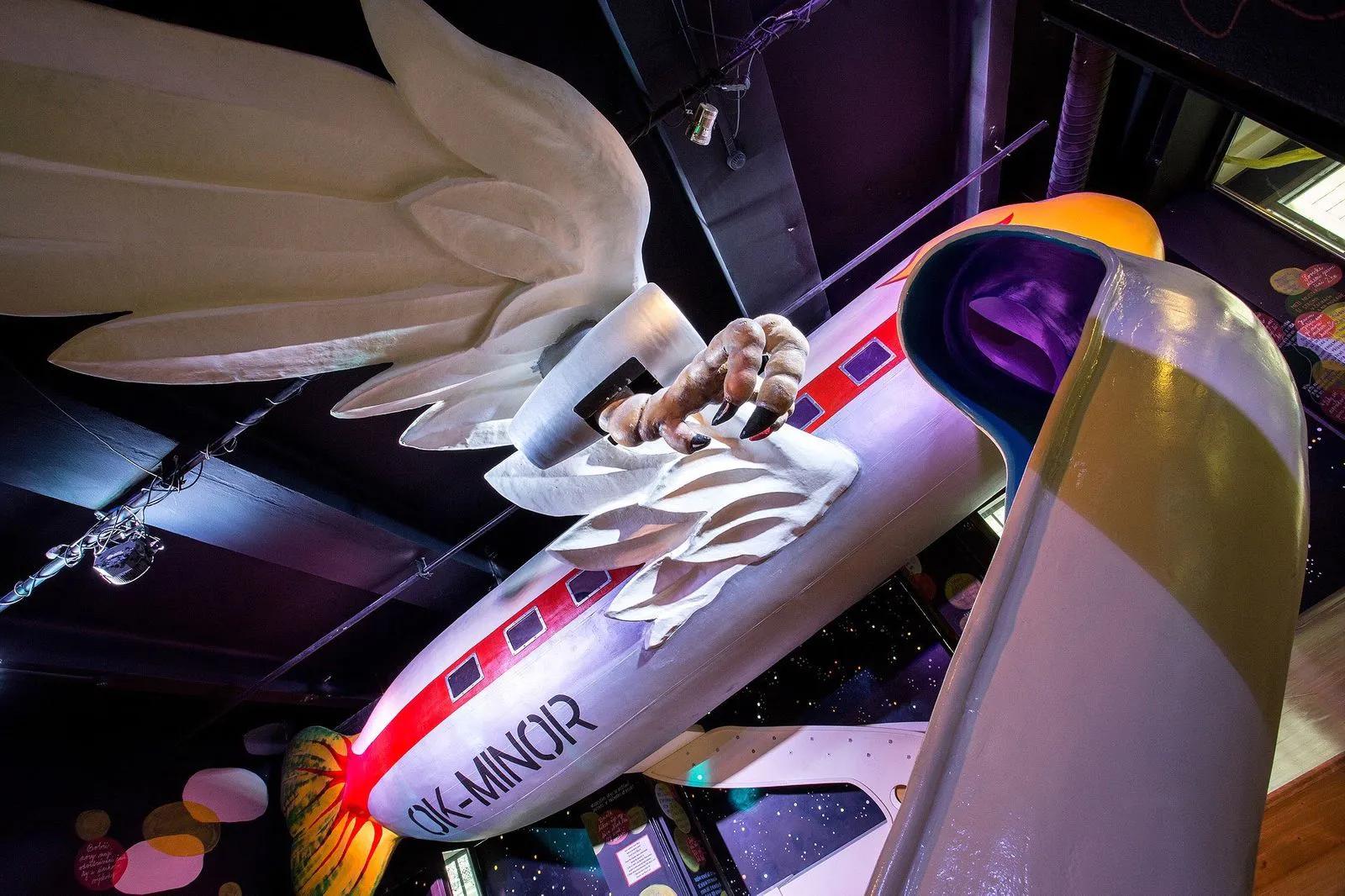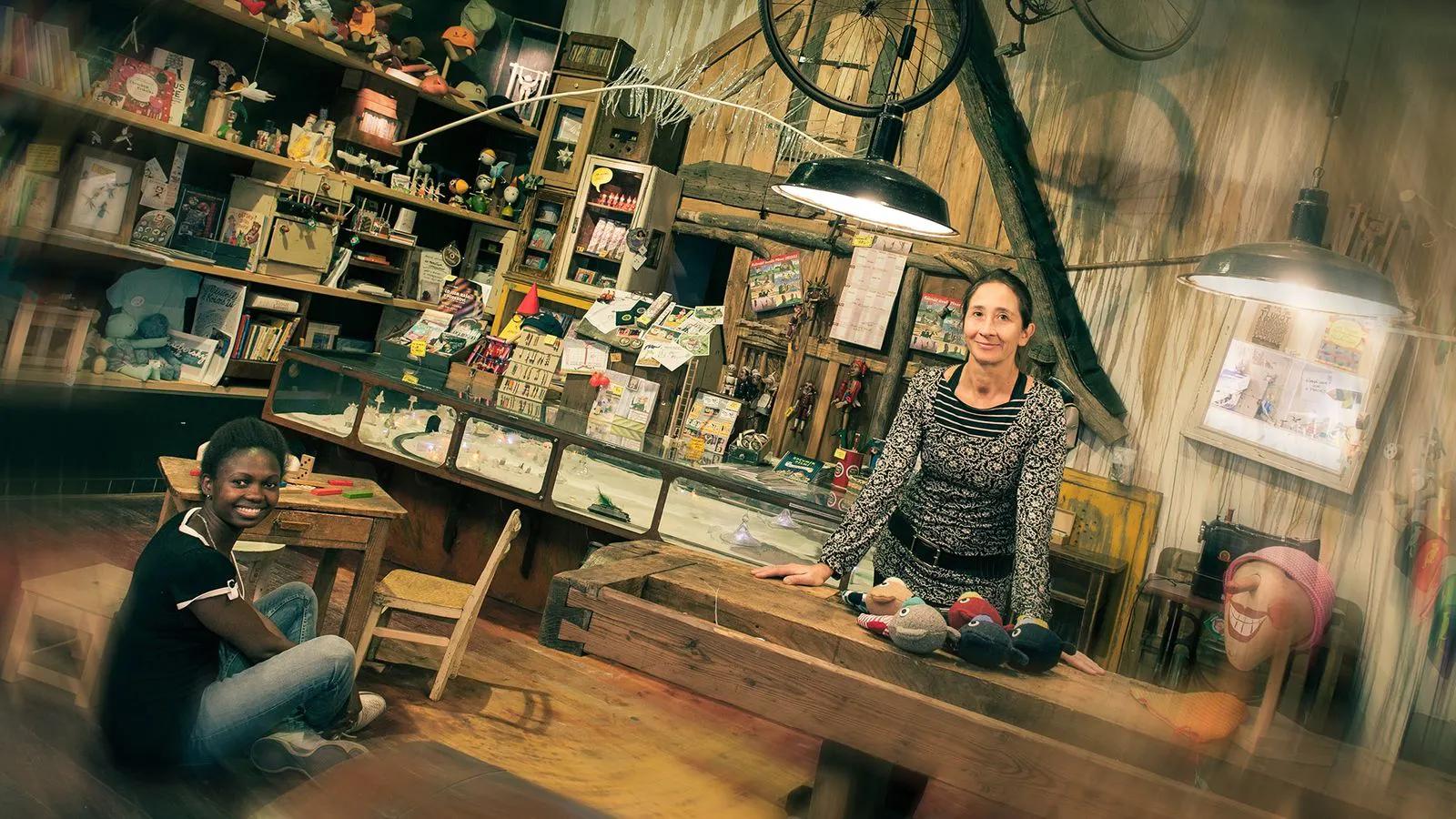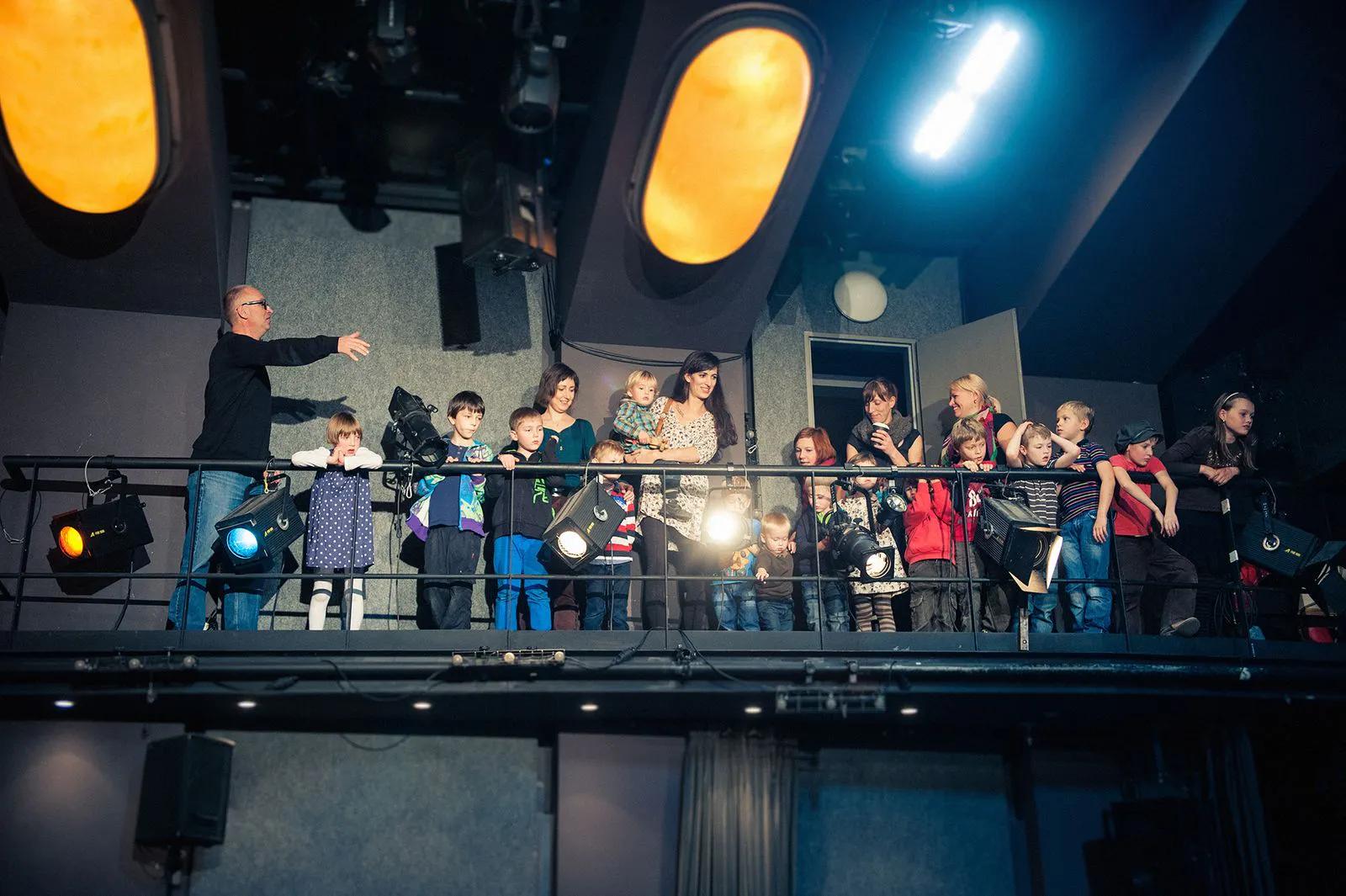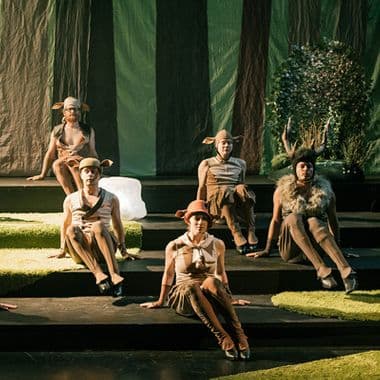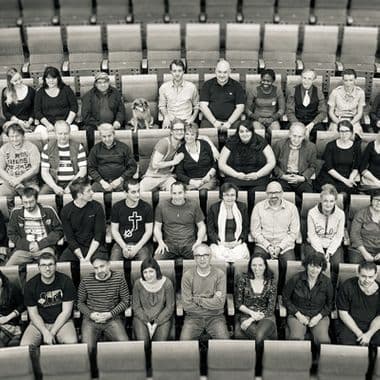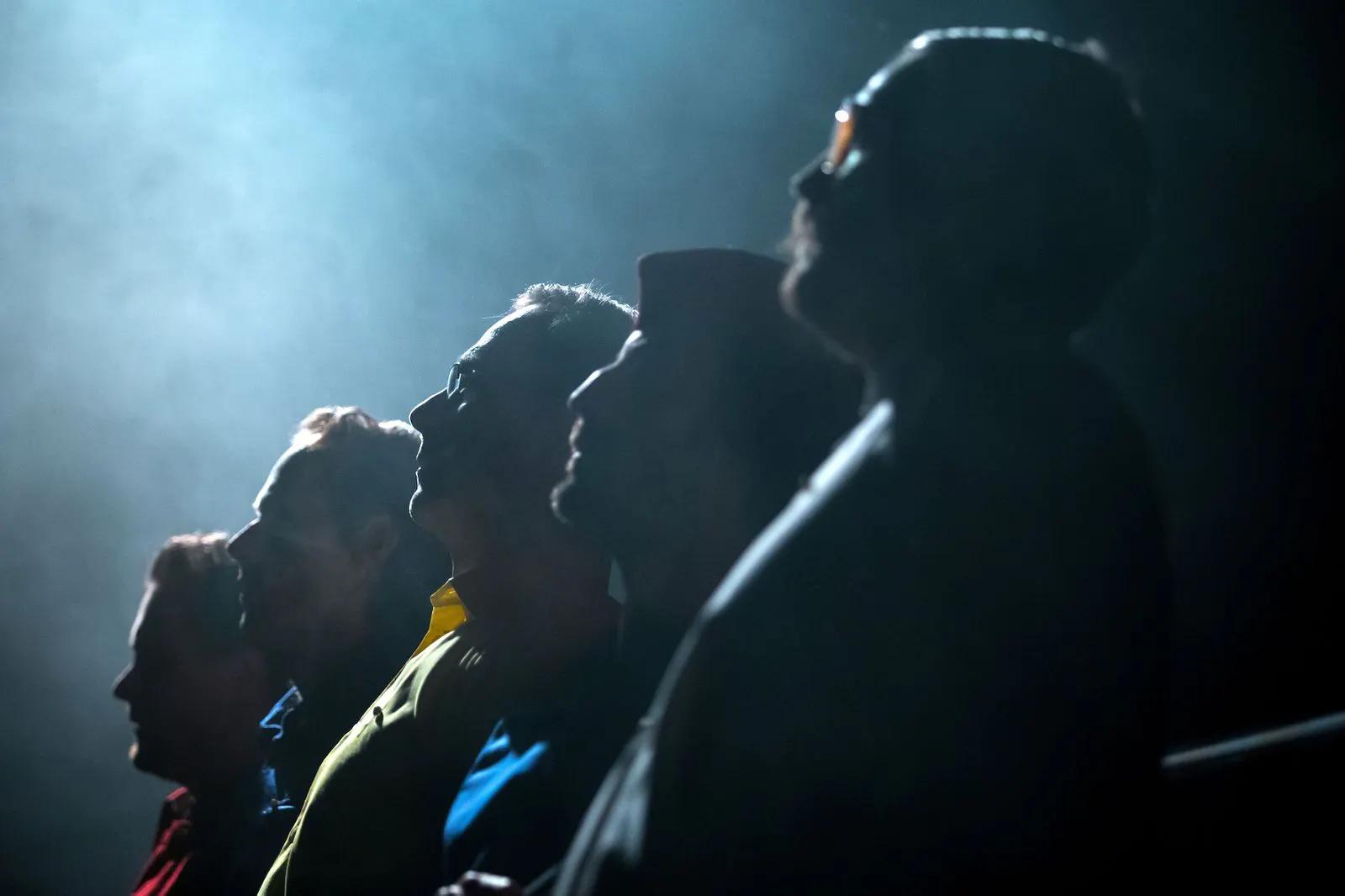Upcoming program
There are no upcoming events.
I'm fine
A production designed specially for school groups.
Every one of us will find ourselves all alone at some point in our lives. It can be nice to be alone – you have time to yourself and can do whatever you feel like. But what if you start spending time alone in order to avoid other things, or hide from them? Are you falling behind at school, failing to meet your parents’ expectations, or finding it hard to keep up with your friends because you don’t have time...?
Social isolation can happen very easily. You might be afraid of failing, worried about being rejected by others, feel you’re somehow different from other people, or just miss school for a while because you’re ill, and when you get back you find that you’ve missed out on all sorts of things that everyone else has experienced. It can be really hard to find any common ground…
How can we tell when someone has begun to close themselves off from others? How can we know whether they really wanted to be alone and feel happy about it? Why do we need to build friendships and look after them?
Together with you, we will explore answers to these questions.
Forum theatre is a technique that teaches us to look for various different solutions at critical turning points and to put them into action. What options do we have, what can we change? The children identify situations in the story in which particular characters could behave differently. They step into the action to play those characters themselves, changing the course of the plot for the better.
Forum theatre is an educational tool that works with a pre-prepared play performed by professional actors. By enabling children to discover that they can change the course of events on stage, it helps them realise that they are also capable of changing the course of events in real life.
What happens in this production?
1. Students are introduced to the topic (using activation games and activities);
2. Students watch a short performance on the topic (a scripted play, performed by actors);
3. Students are led in an interactive exercise during which they search for alternative solutions at various points in the play (stepping into the action in place of a character);
4. Students reflect on what they have experienced (through a discussion and a joint activity to conclude).


